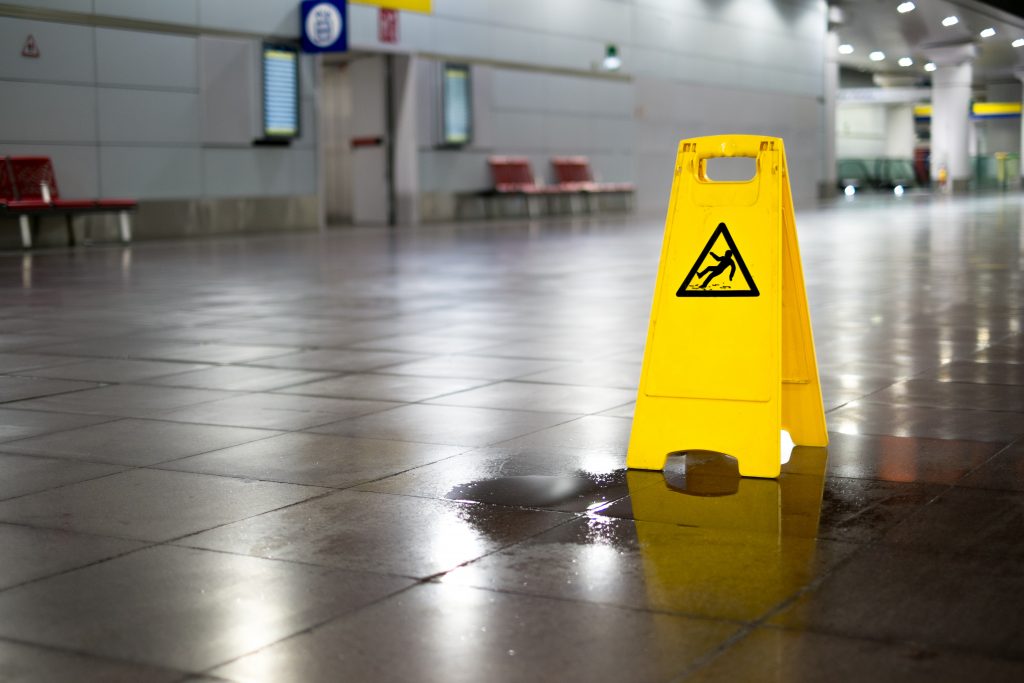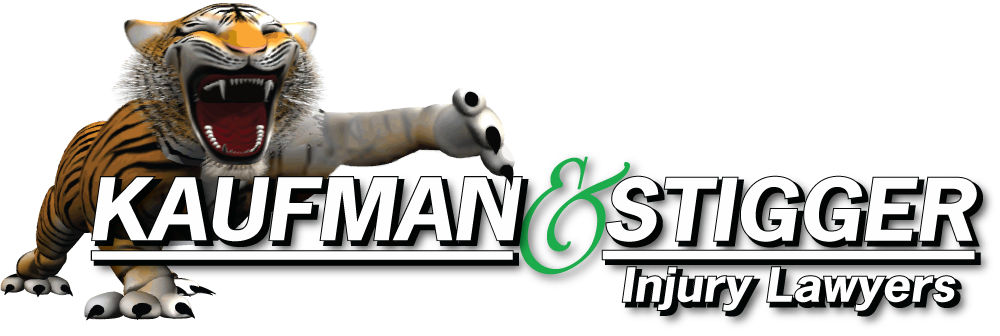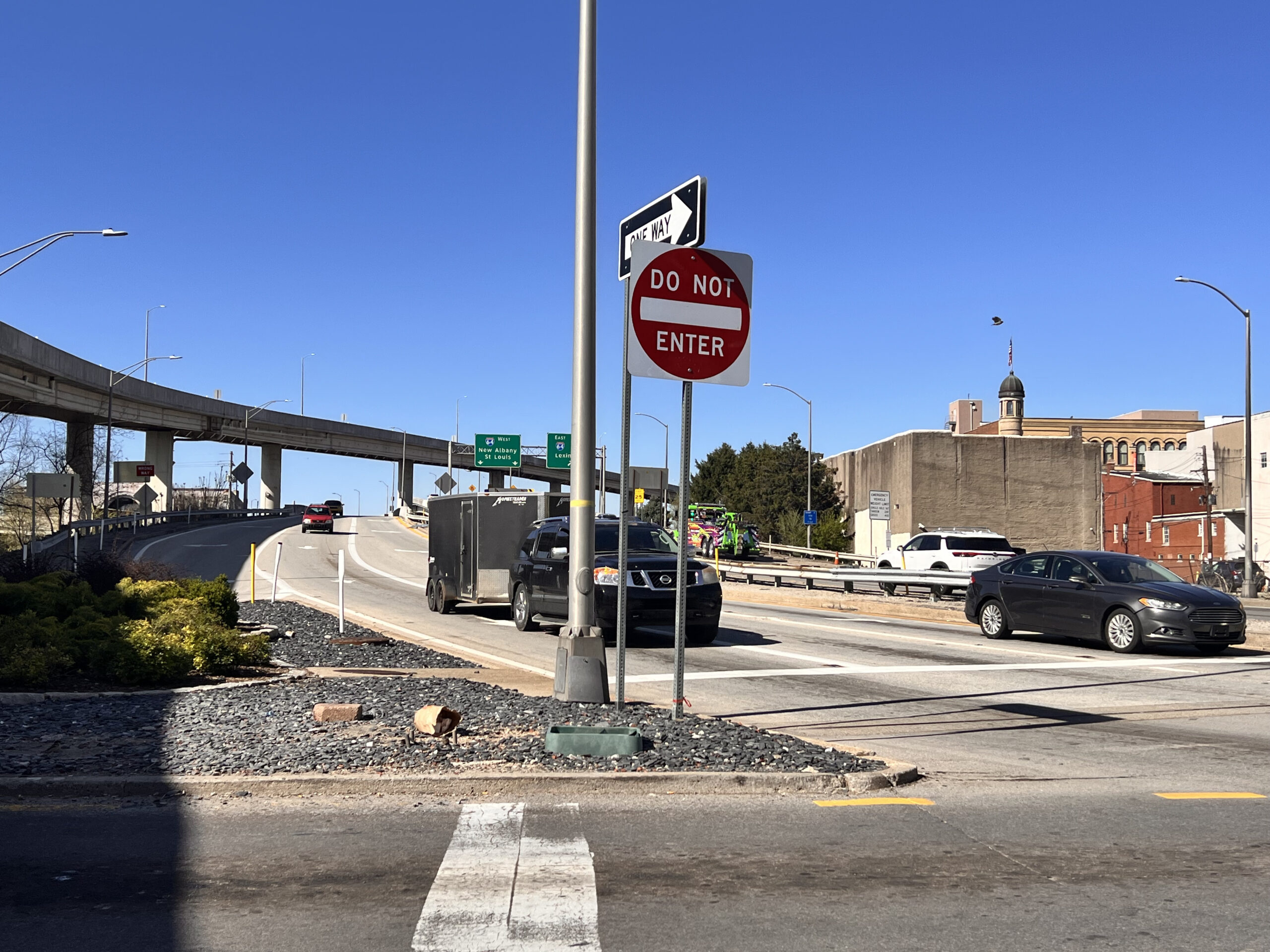 When you walk to a neighbor’s house, or in a store parking lot, or into the store, you probably aren’t thinking about all the potential ways you could get hurt. But the reality is that with property ownership comes responsibility. While the level of responsibility owed may vary based on the status of the person injured on the property, all property owners and businesses have to keep their property reasonably safe.
When you walk to a neighbor’s house, or in a store parking lot, or into the store, you probably aren’t thinking about all the potential ways you could get hurt. But the reality is that with property ownership comes responsibility. While the level of responsibility owed may vary based on the status of the person injured on the property, all property owners and businesses have to keep their property reasonably safe.
What Kinds of Hazards Can Cause Injuries?
Within the global realm of premises liability, there are both indoor and outdoor hazards that can easily give rise to accidents:
- Wet floors. These can be caused by rain, wet boots coming in from rain, mopping or washing floors, spills, or other puddles.
- Snow and ice. Usually an outdoor threat in parking lots or sidewalks.
- Uneven floors or tripping hazards. Any time a floor is uneven, there are potential dangers. Carpet worn unevenly, floor mats/rugs that are not flat, cords or wires (either above or below the carpet), or even doorways where the flooring changes can be the cause of a fall.
- Stairs or steps. These can be dangerous because of the nature of the steps, improper lighting, uneven or warped conditions, slippery conditions, a lack of handrails, or other reasons.
- Loose or improperly tacked flooring.
- Building code violations, including stair height and depth, doorway thresholds, or other engineering defects.
- Lighting. If there is inadequate lighting so that a visitor cannot see a hazard in the dark, this is a defect. Similarly, if there is an area that is not visible because of lighting, such as a dark alley that invites miscreants who attack customers leaving a restaurant, it may be a problem for the restaurant.
- Dog bites.
- Swimming pool accidents. A lack of proper barrier, fencing, or sign warning against diving, etc.
- Burns and electrocution. Faulty wiring, hot liquids, fires, etc.
- Assaults. If the property owner or manager failed to provide adequate security.
- Falling merchandise. In a store, improper stacking and shelving, or fixed items improperly mounted, etc., can be a case for premises liability.
A landlord, property owner, or occupier may be responsible for the safety of visitors, and they are obligated to provide reasonably safe premises and take care of known hazards or hazardous conditions. They are also obligated to investigate the property to find dangers and remedy them to keep visitors safe and avoid chances of premises liability.
Our Louisville personal injury attorneys at Kaufman & Stigger, PLLC, offer a NO-FEE PROMISE: No fee unless we WIN or settle your case. With decades of experience and a record of recoveries totalling millions of dollars for injured clients, we offer personalized service. When you call our office at at (800) 937-8443, you can speak to an attorney about your injury.


